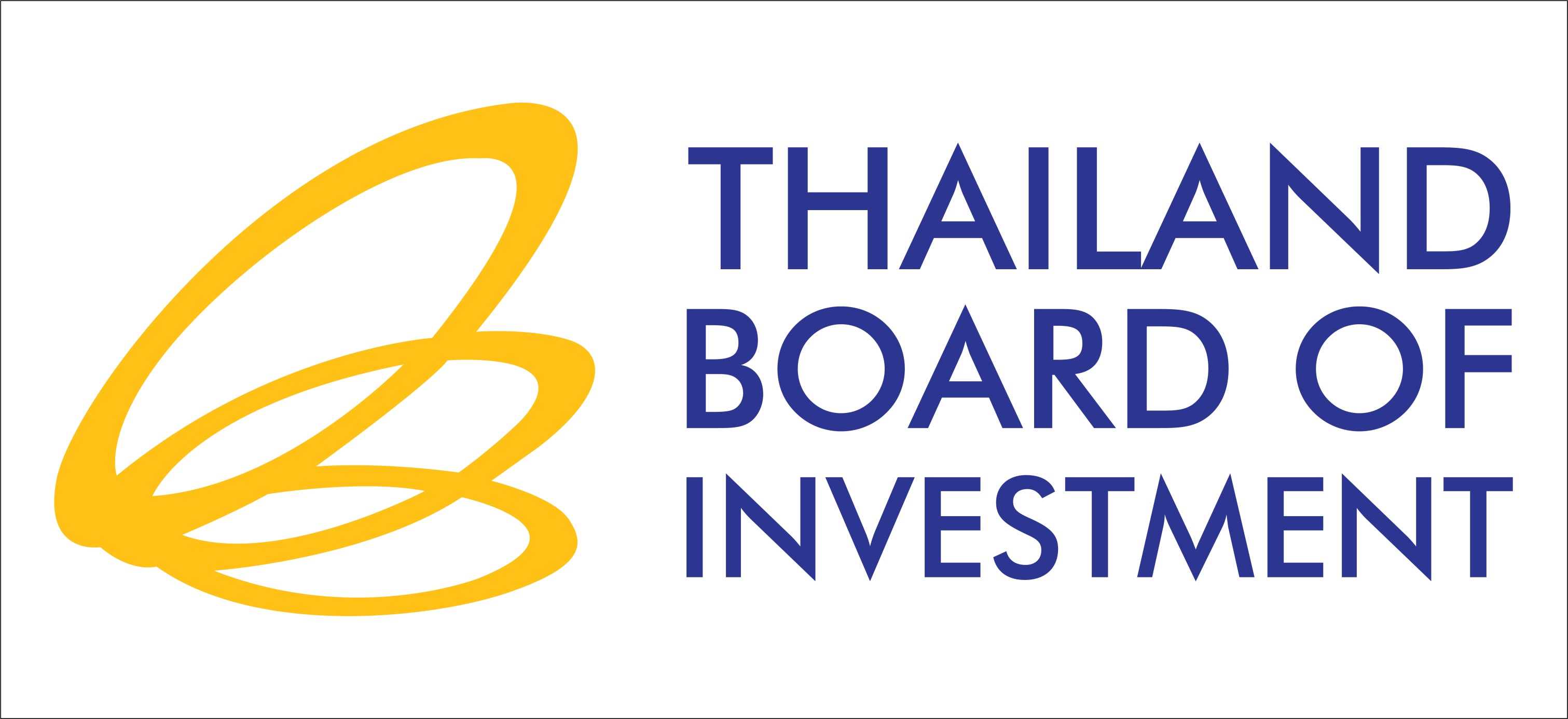Macroeconomics
Macroeconomics
Chatrudee Theparat
Household debt in the fourth quarter of 2022 expanded at a slower rate, while overall credit quality remained stable. However, there is a need to monitor debt related to risky car loans and the increase in non-performing loans (NPLs) in personal credit accounts.
During the fourth quarter of 2022, household debt in Thailand amounted to 15.09 trillion baht, reflecting a slower growth rate of 3.5 % compared to the previous quarter's 4 %.

Danucha Pichayanan, secretary general to the National Economic and Social Development Council (NESDC) said household debt was a challenged for the government because it was a structural problem while it takes longer time to solve.
The higher values of the household debt also were an obstacle for economic growth. The government and related agencies should continue measures to solve them.
“High levels of household debt will have an impact on the economy, requiring collaborative efforts from all sectors to address the issue.”
Adjusted for seasonal factors, the household debt increased by 1.1 % from the previous quarter. The household debt-to-GDP ratio stood at 86.9 %.
The households' ability to repay debt remained stable, with non-performing loans (NPLs) as a percentage of total bank loans standing at 2.62 percent, showing stability compared to the previous quarter.
However, there are still risks associated with car loans that fall under the special mention loans (SMLs), which has been consistently increasing as a percentage of total loans. Moreover, personal loans have been impacted by the COVID-19 situation, with higher values and an increase in delinquent accounts.
22 May 2023
Viewed 176 time
 EN
EN 




